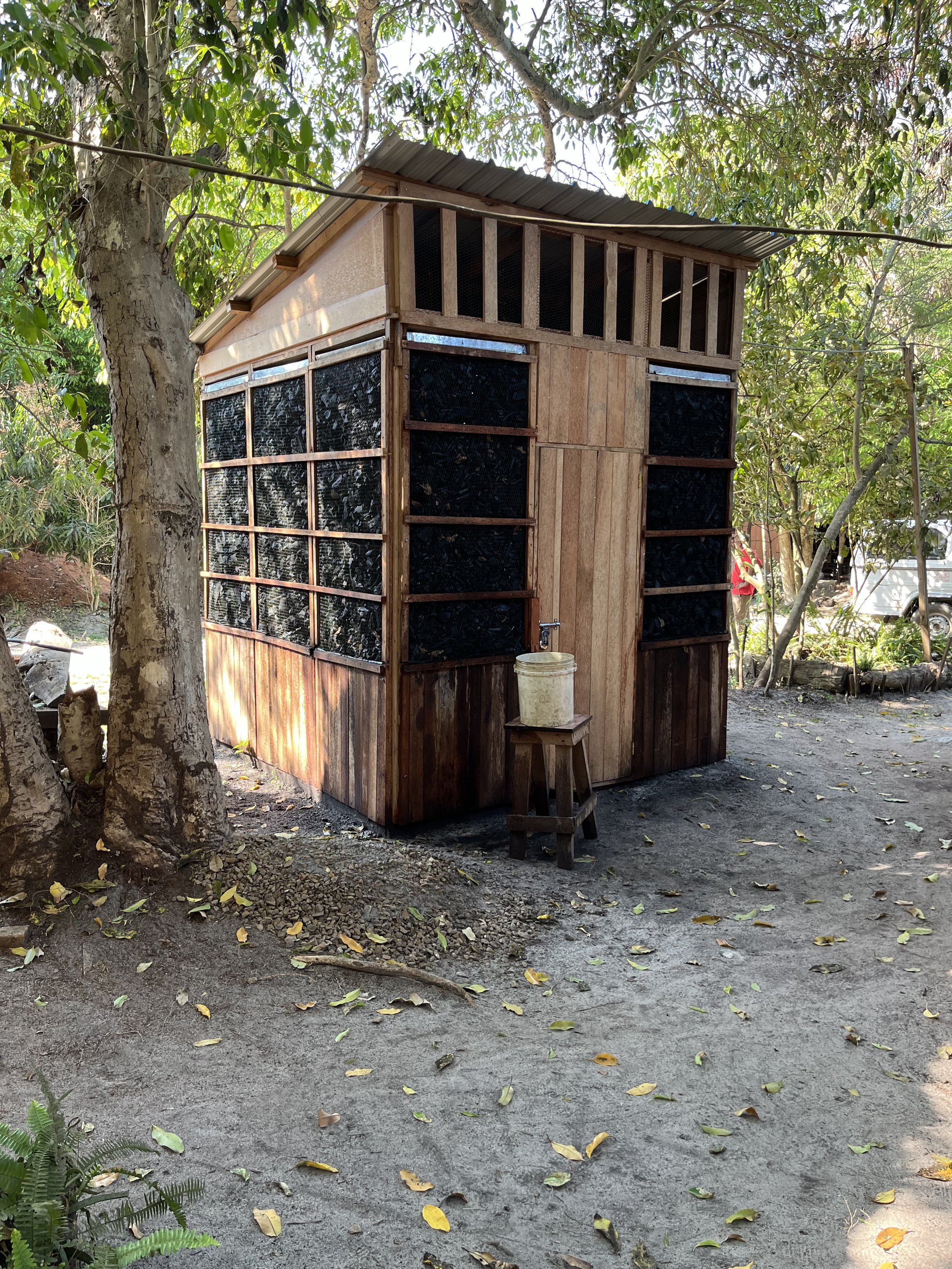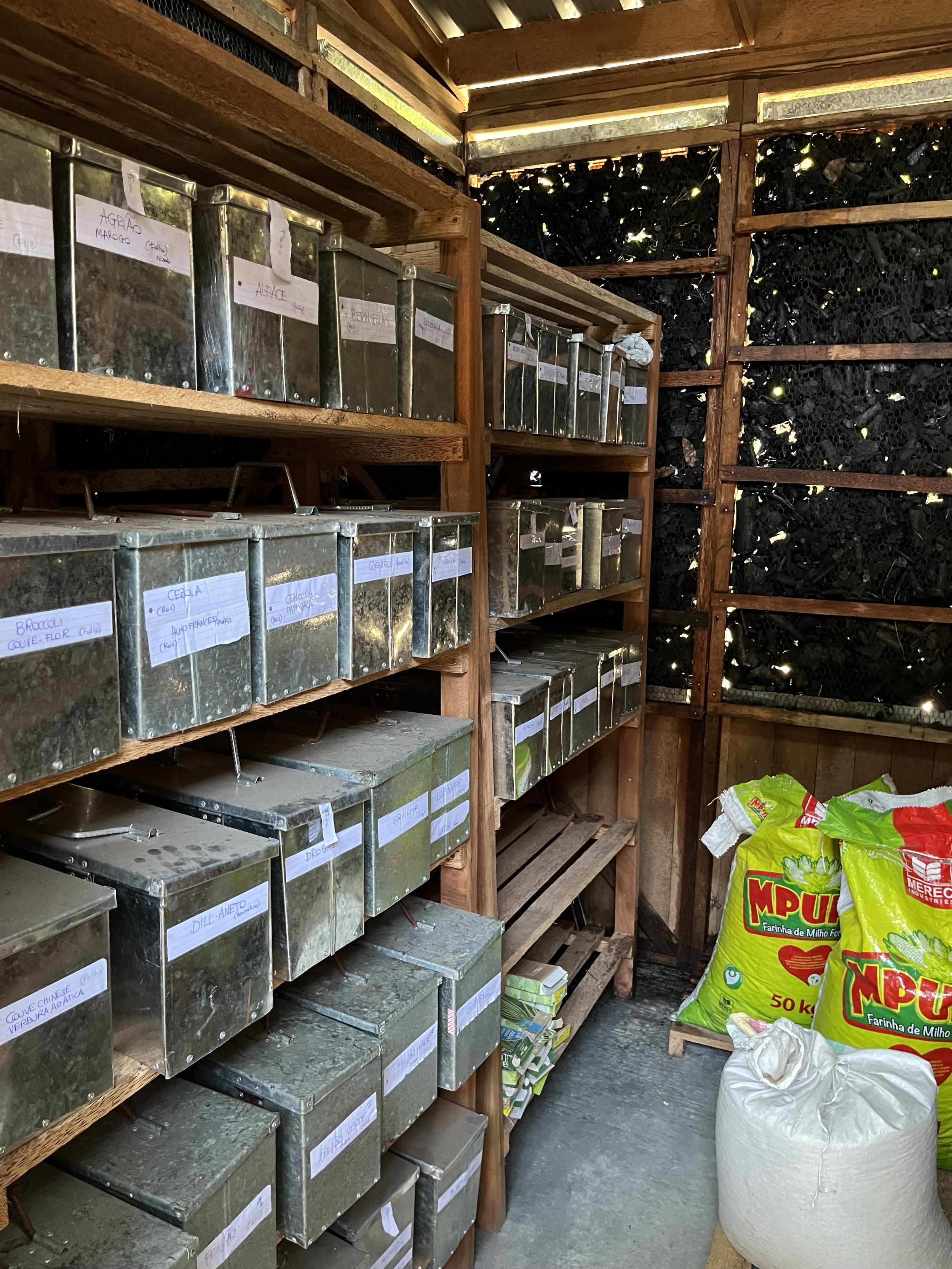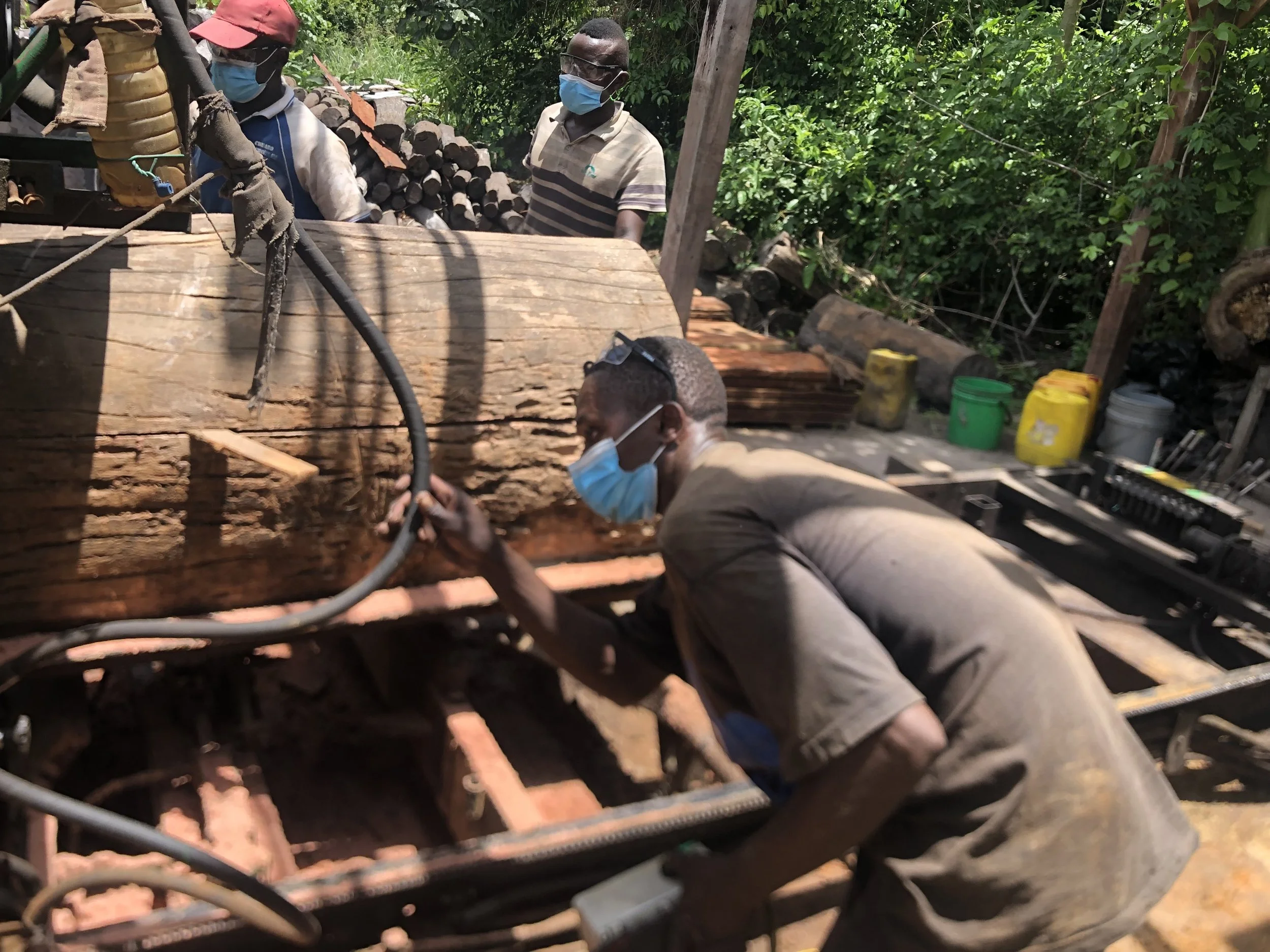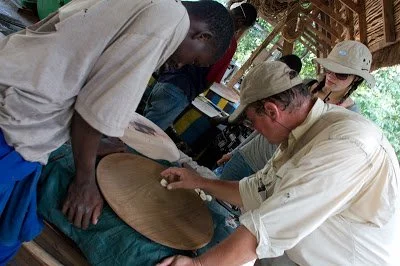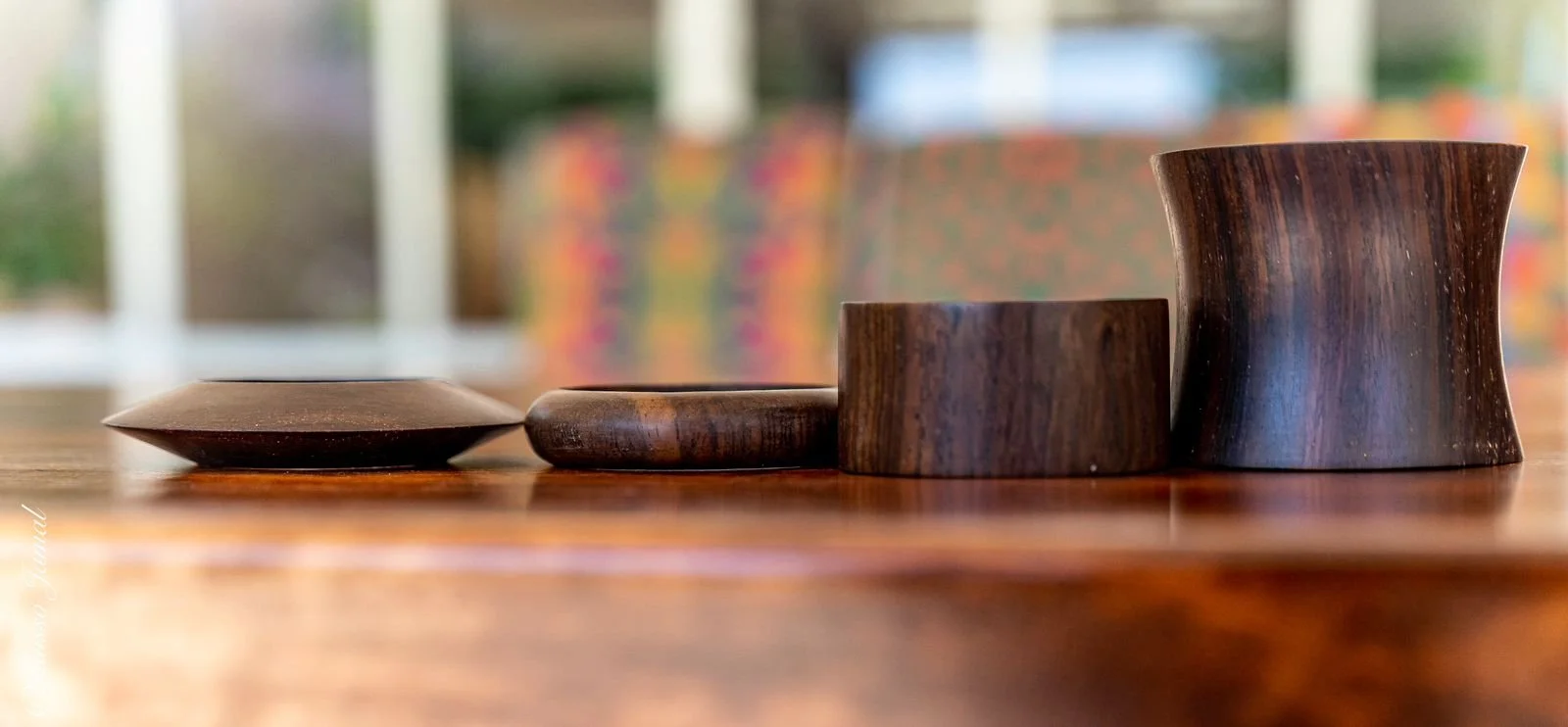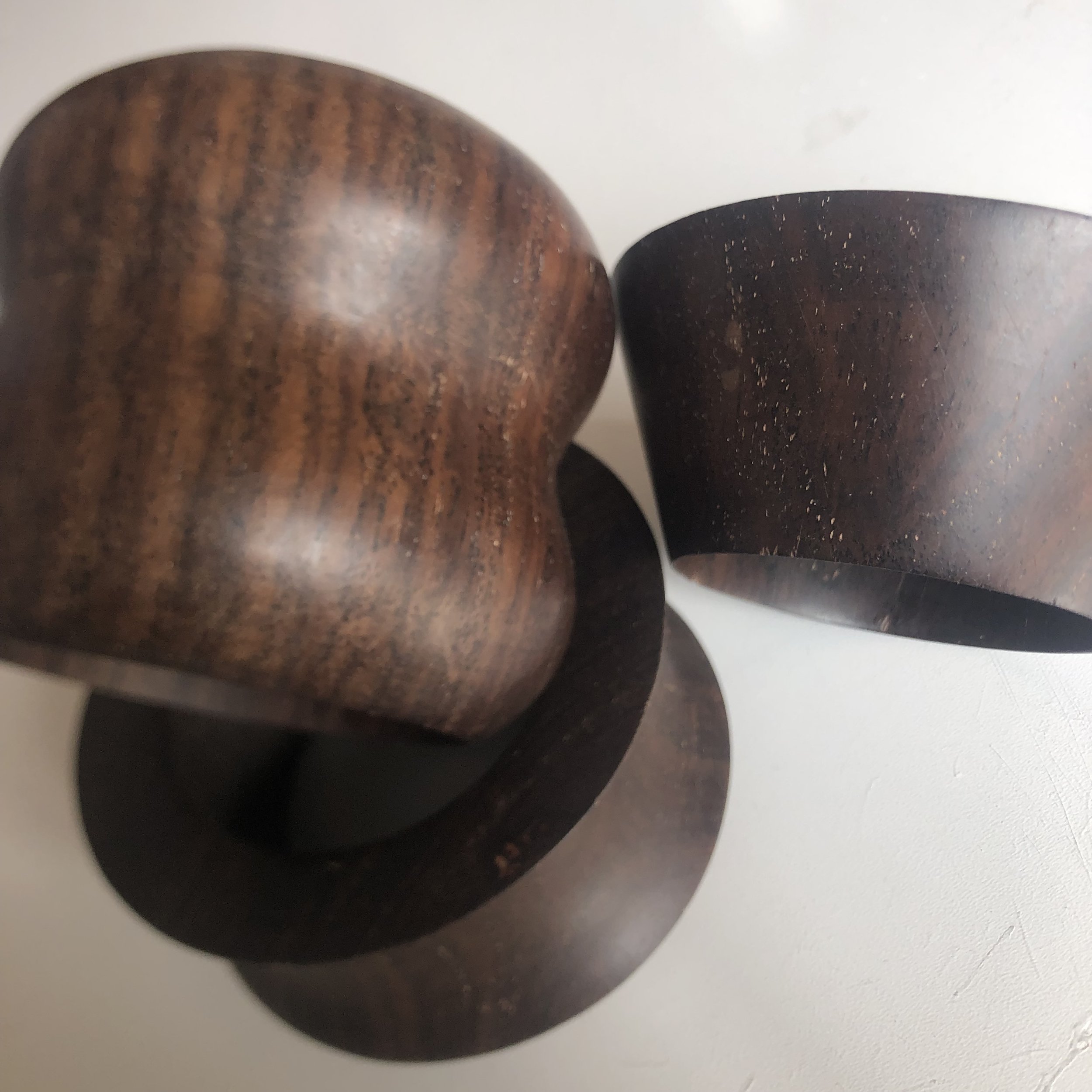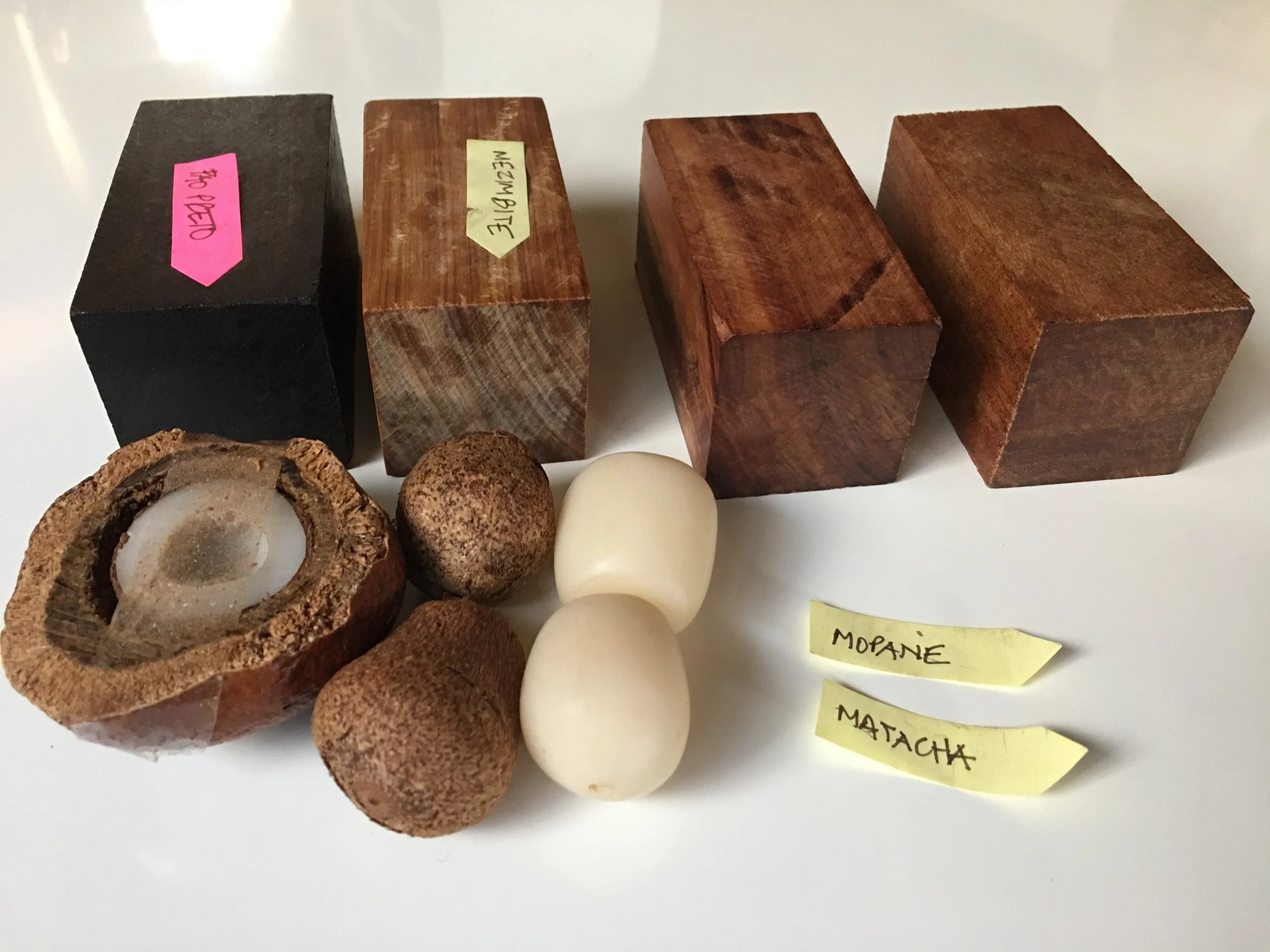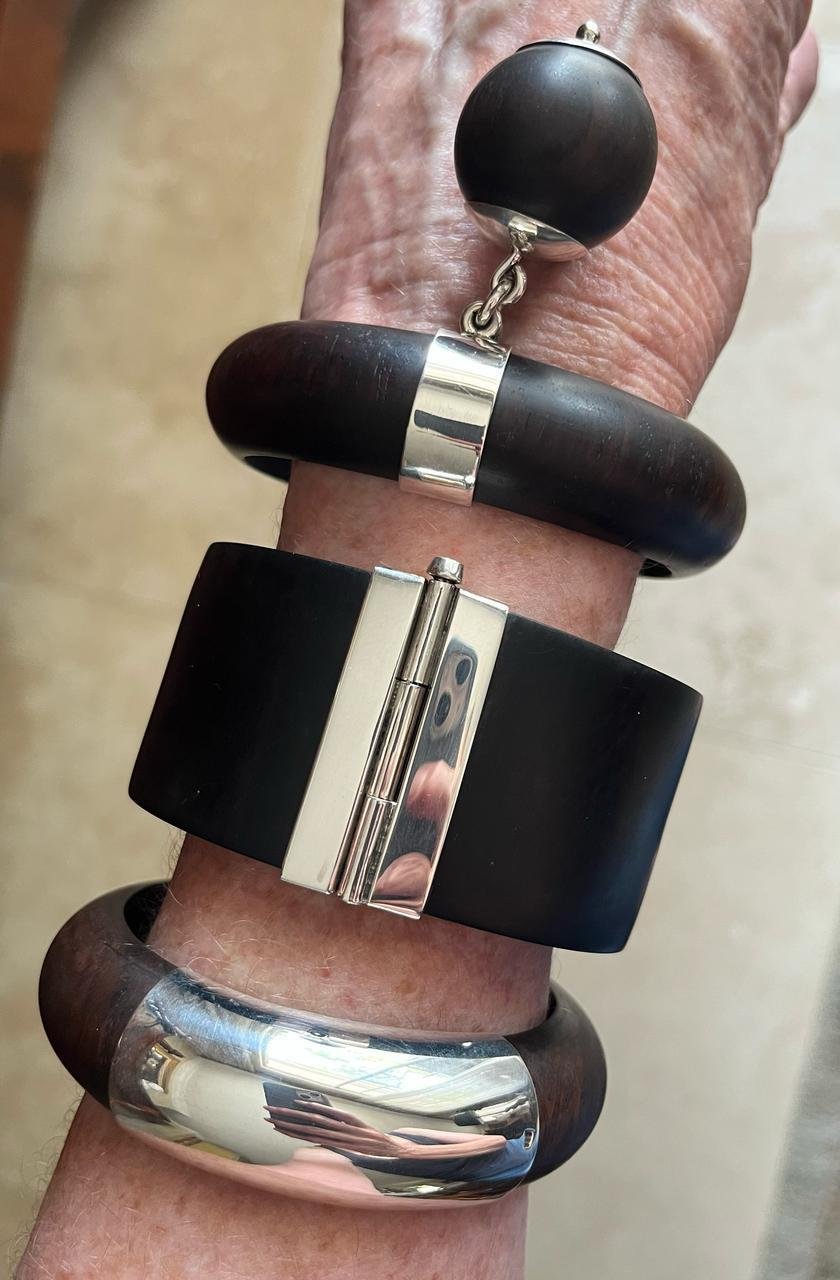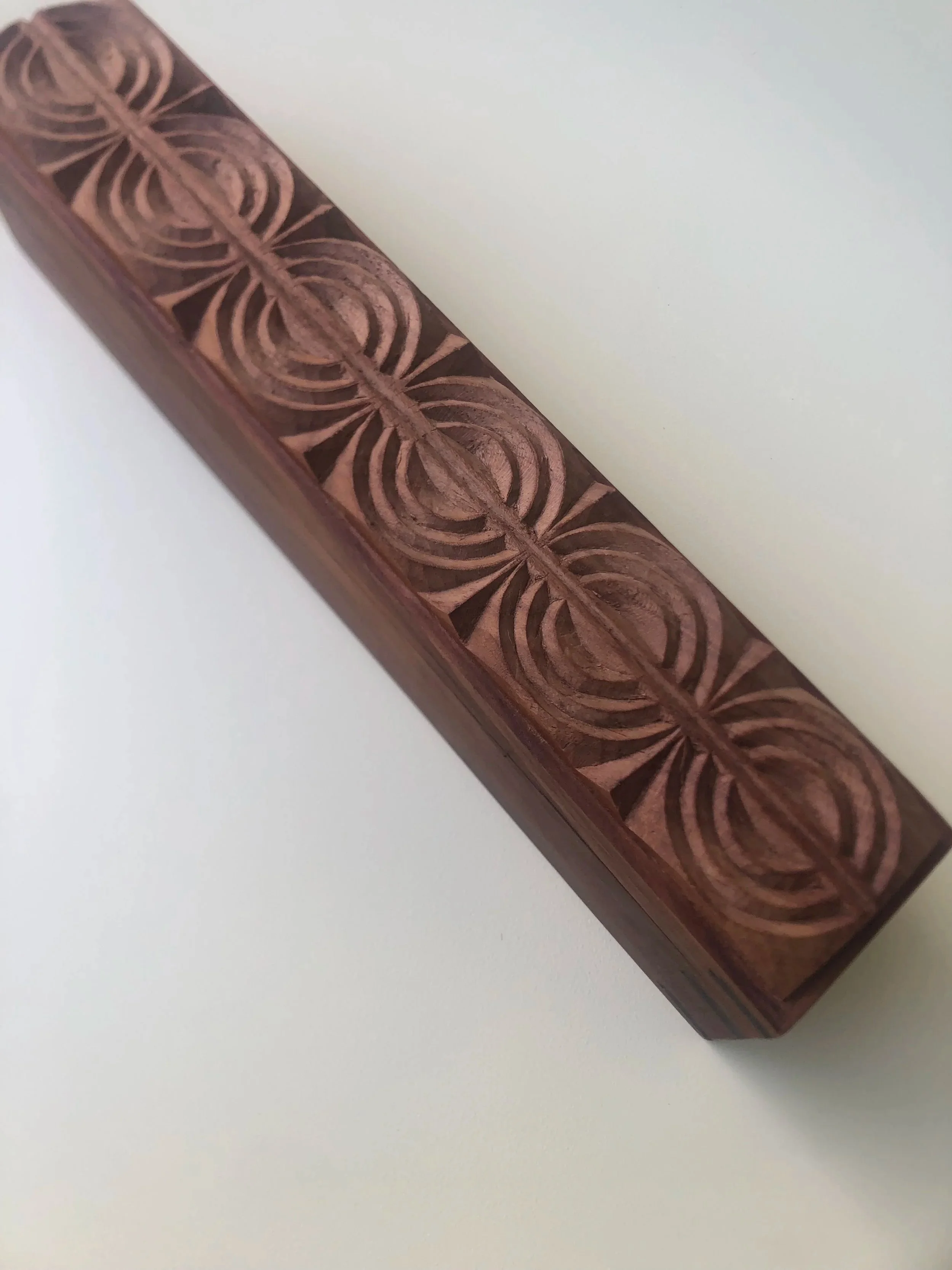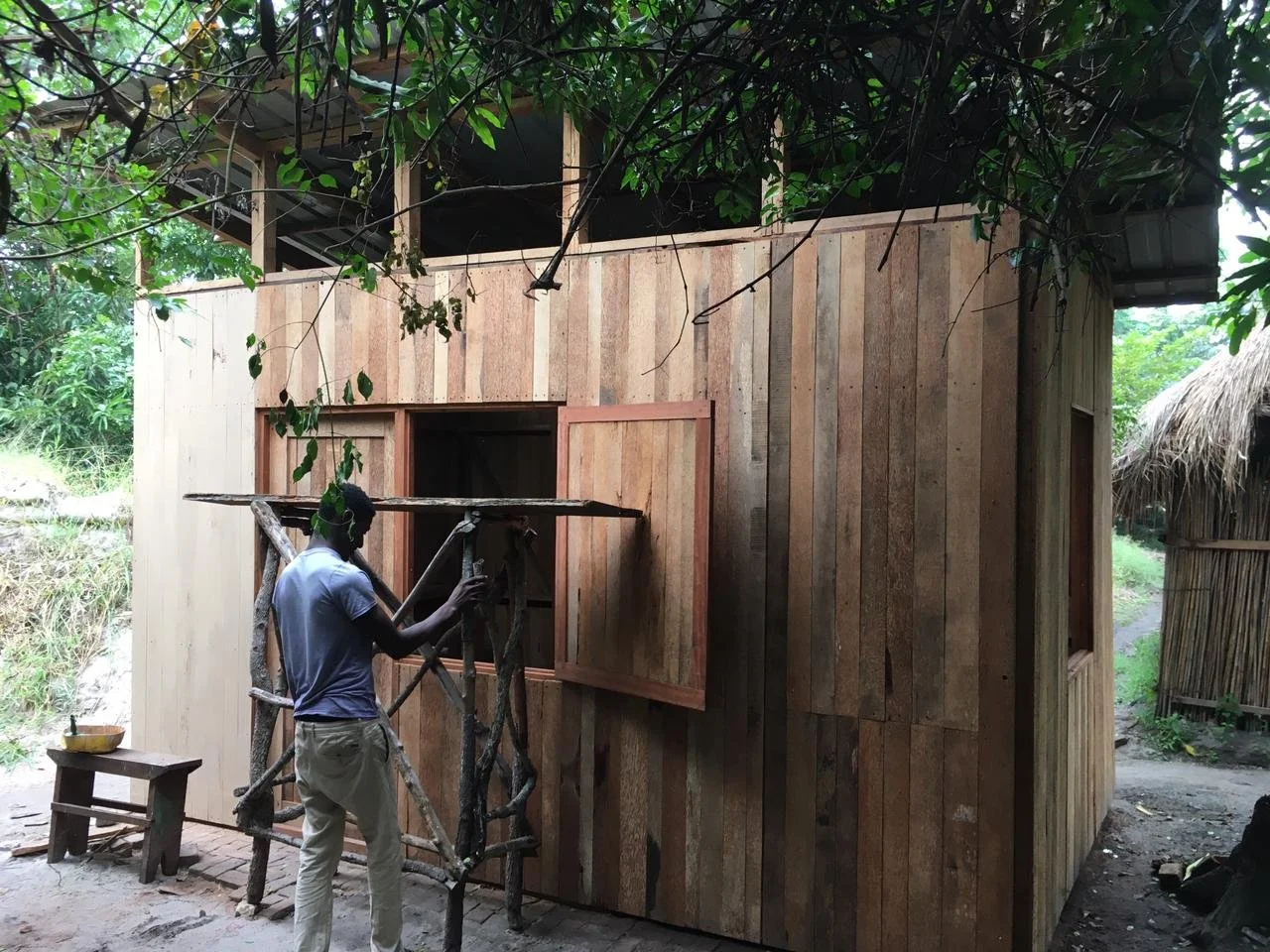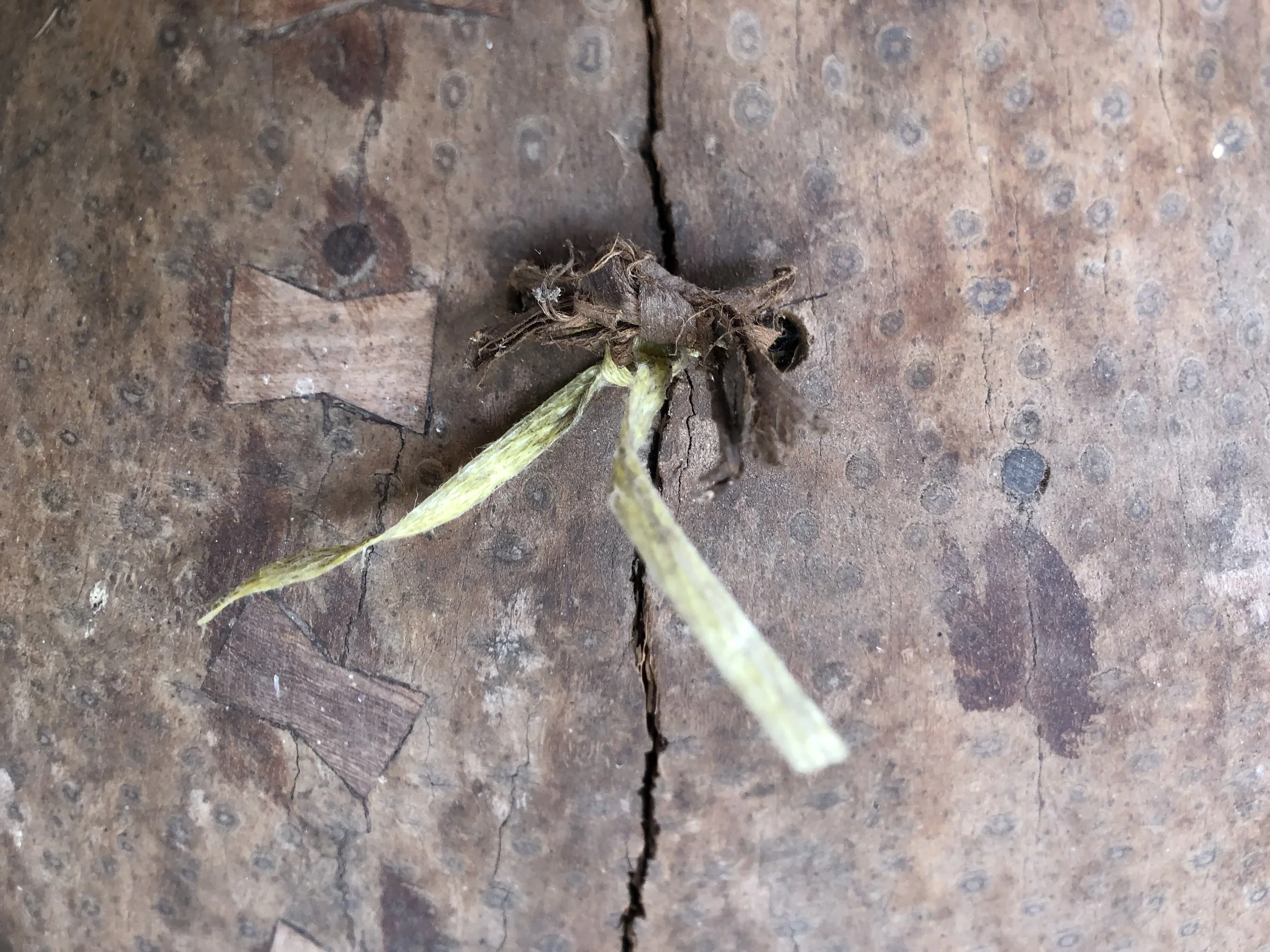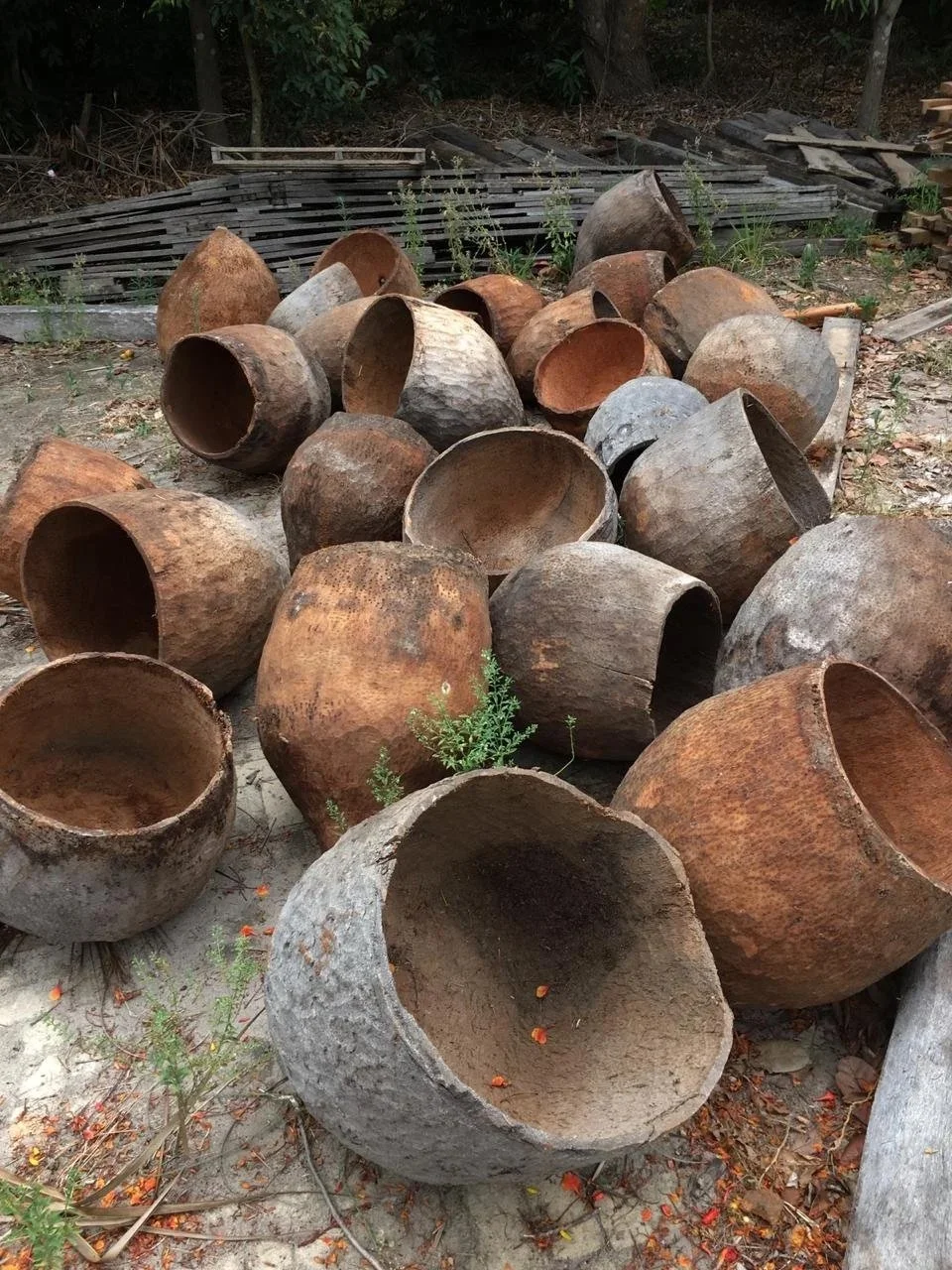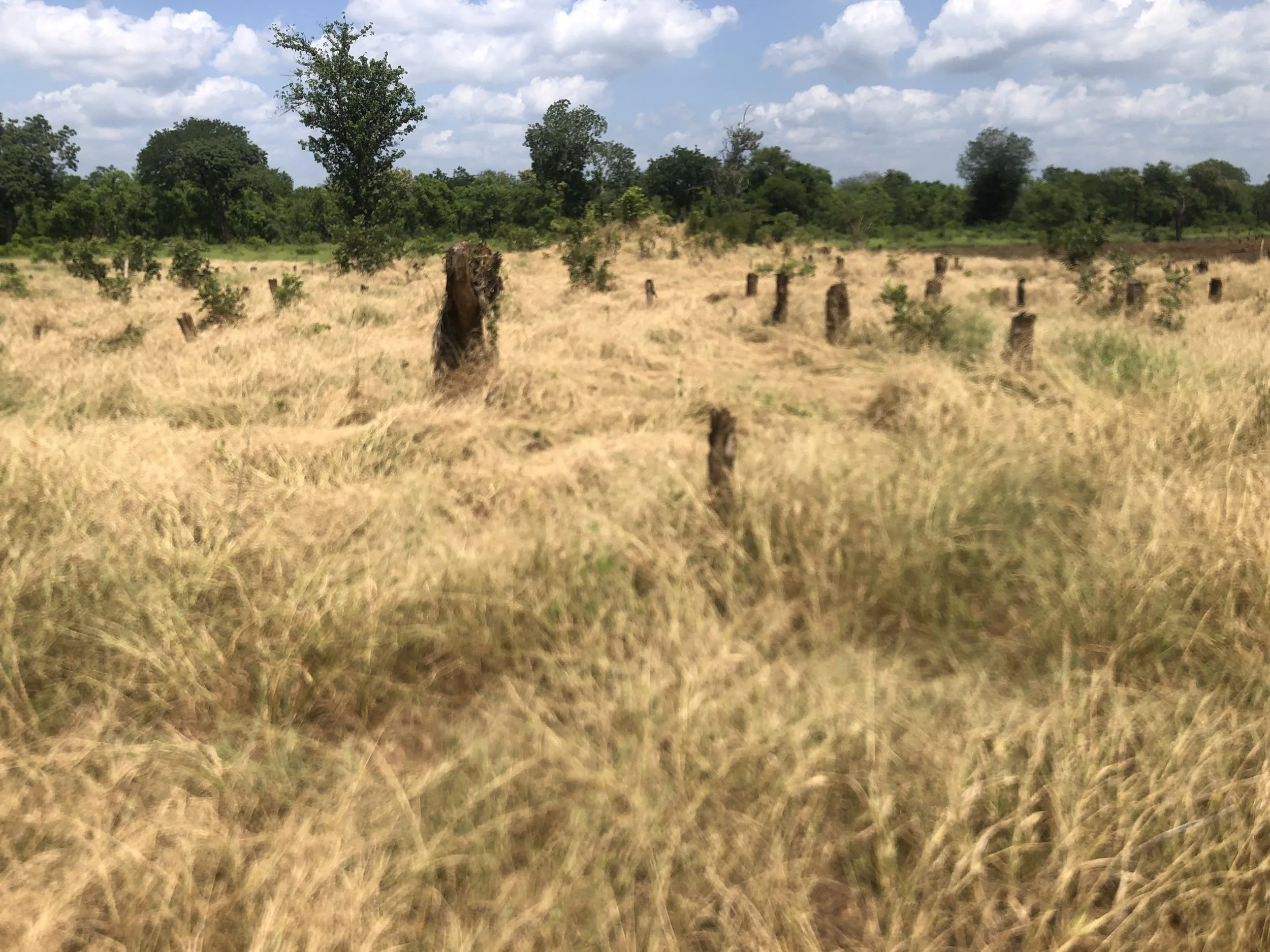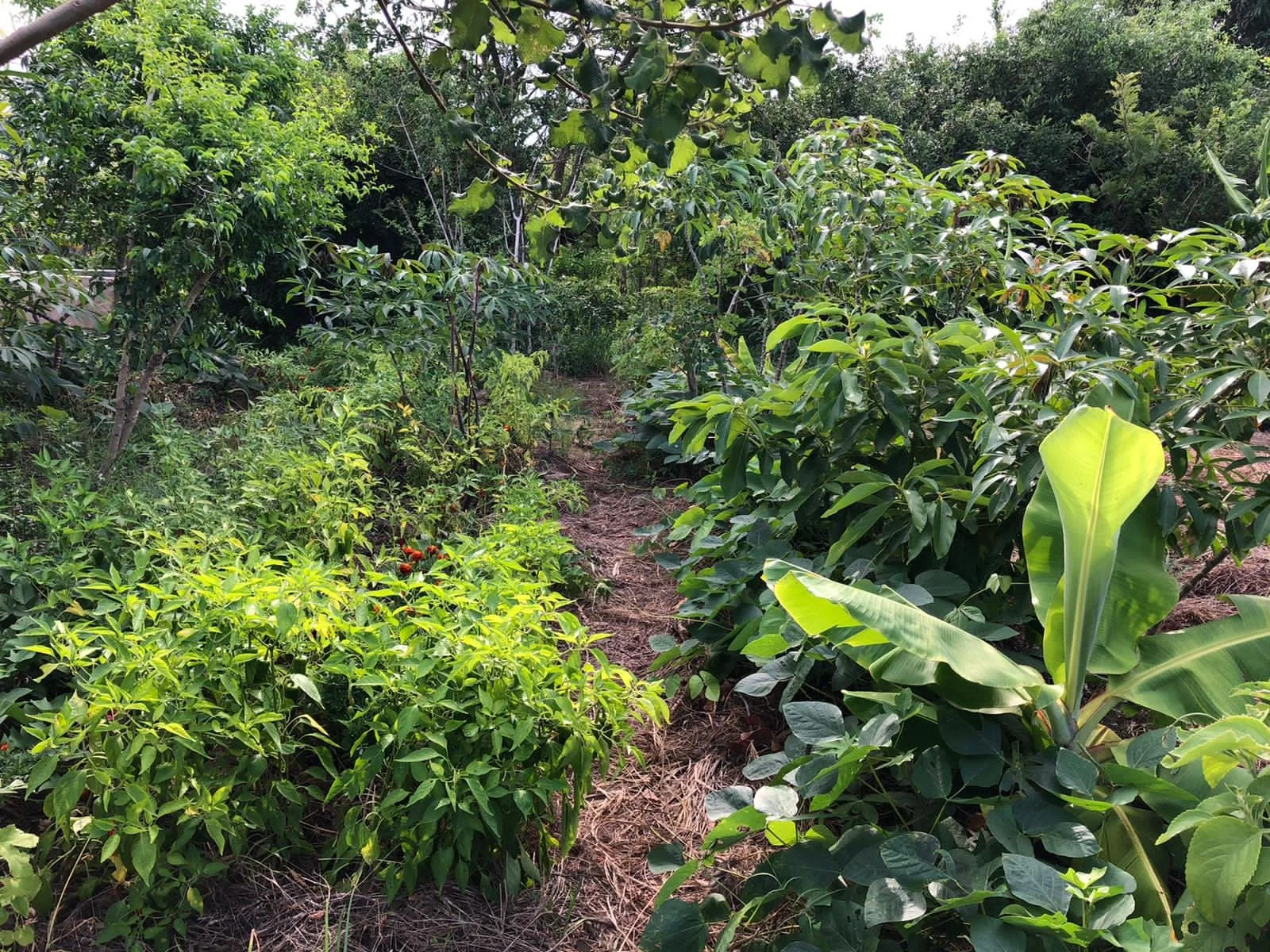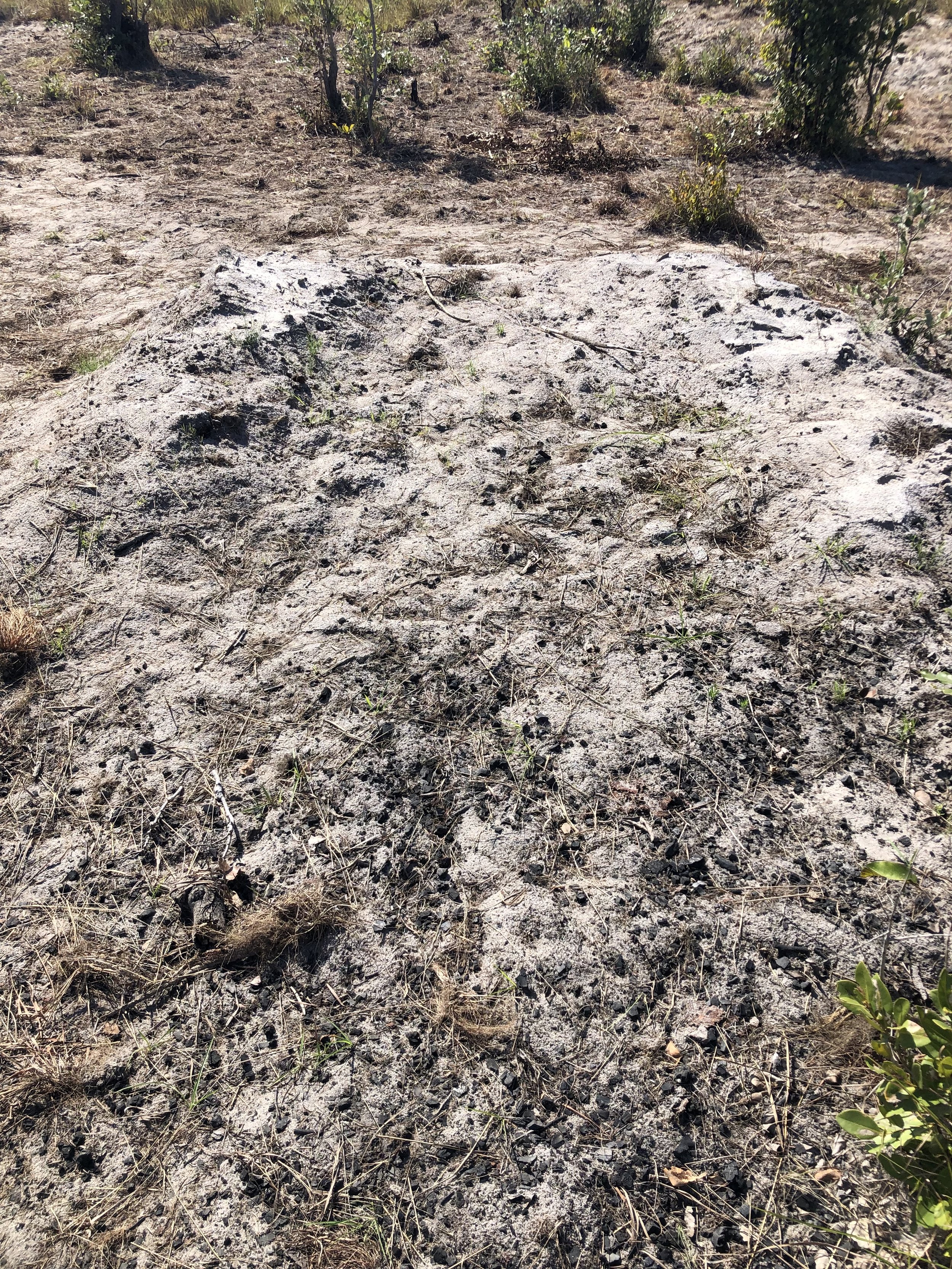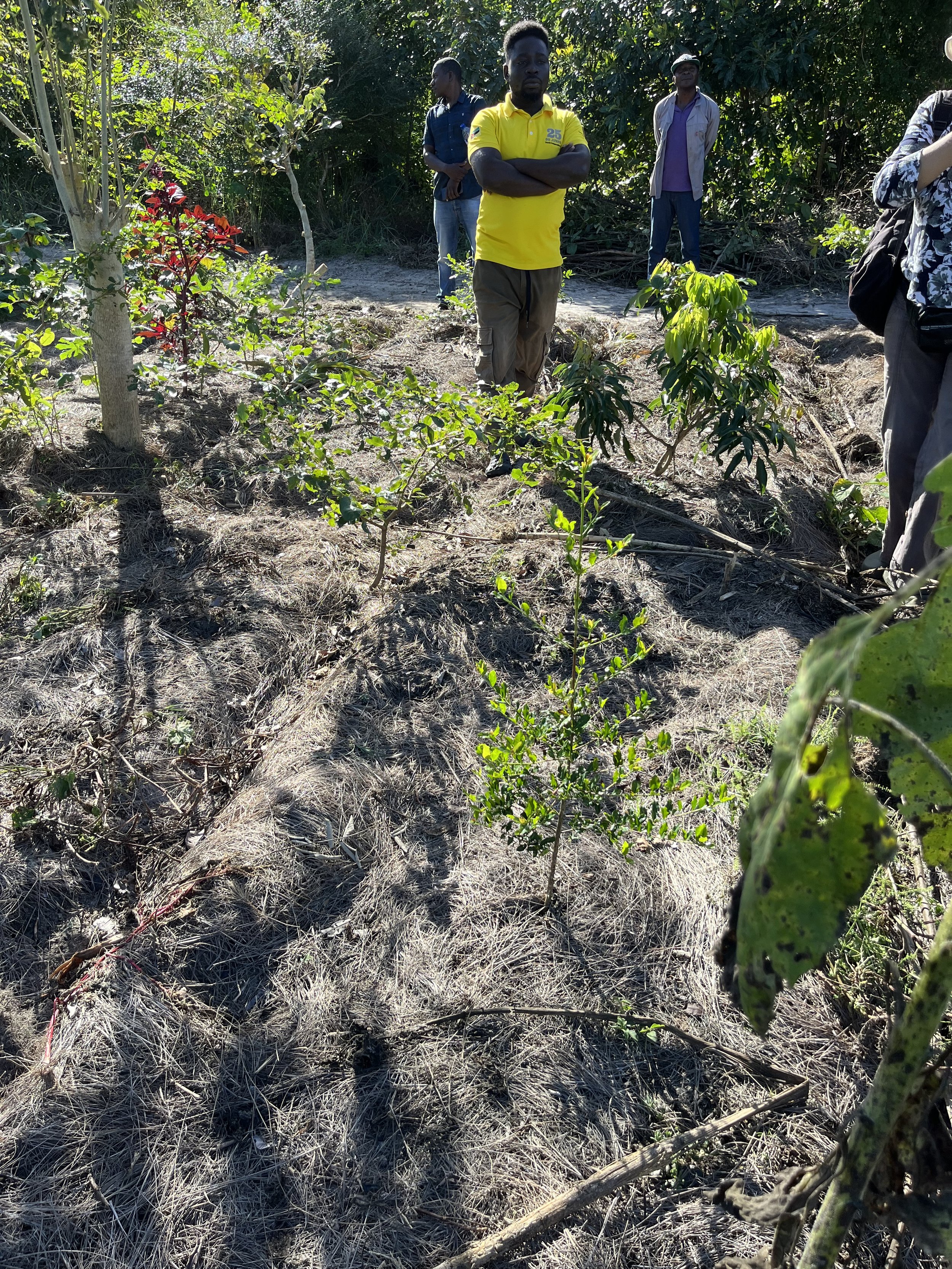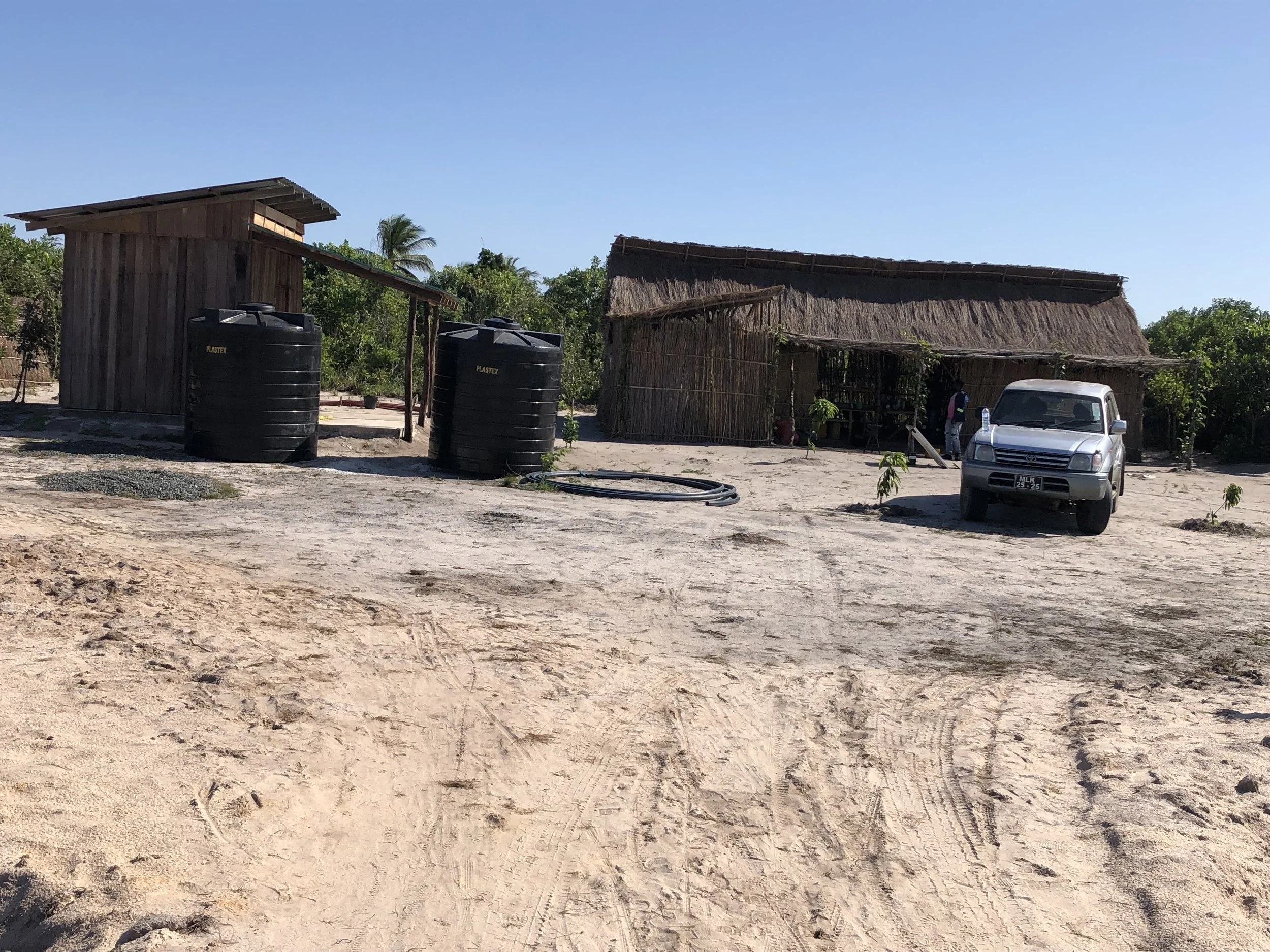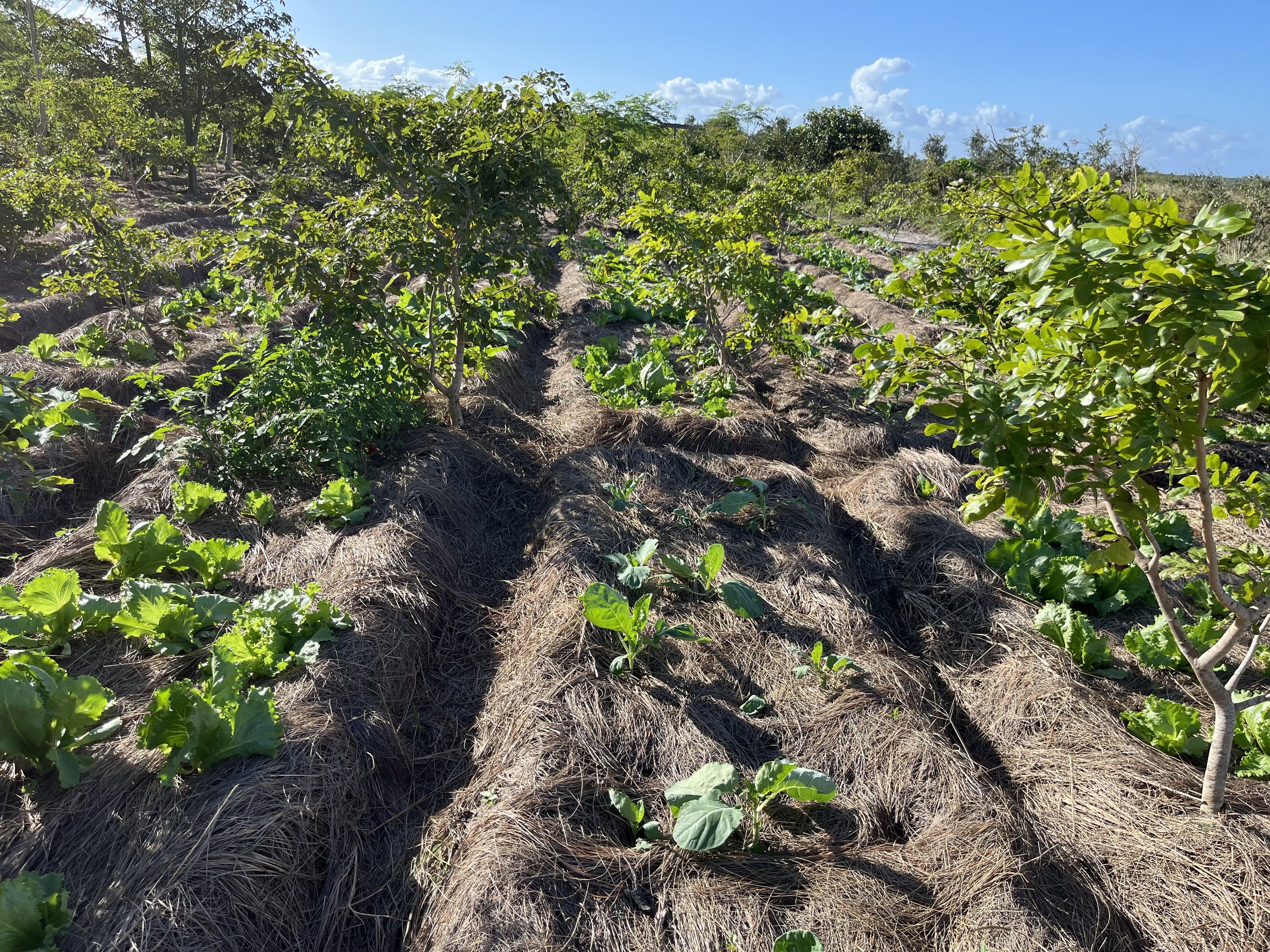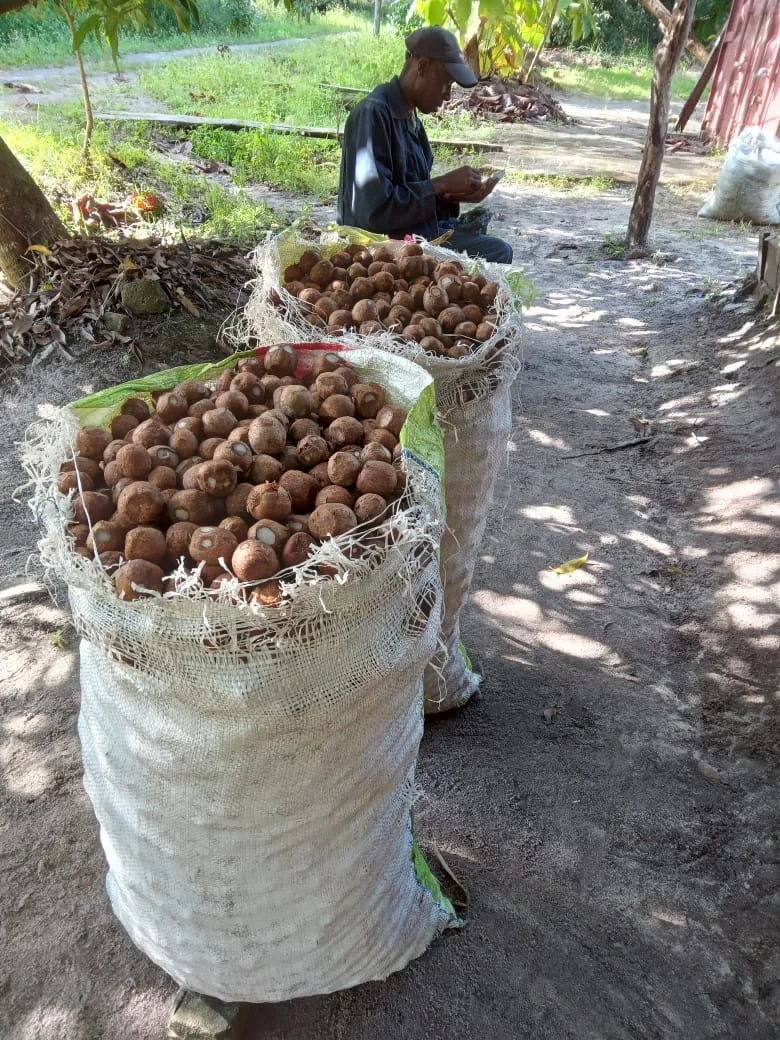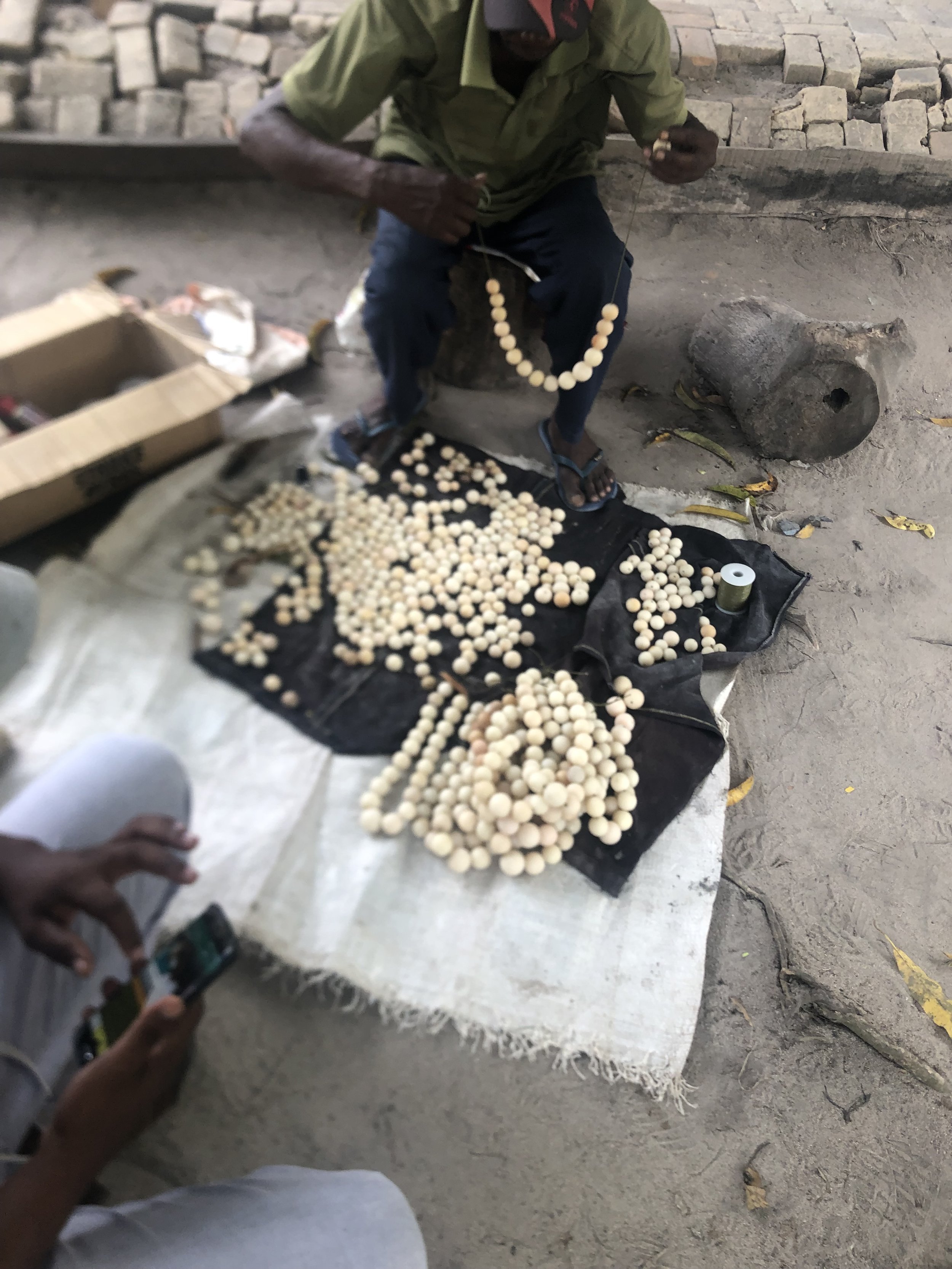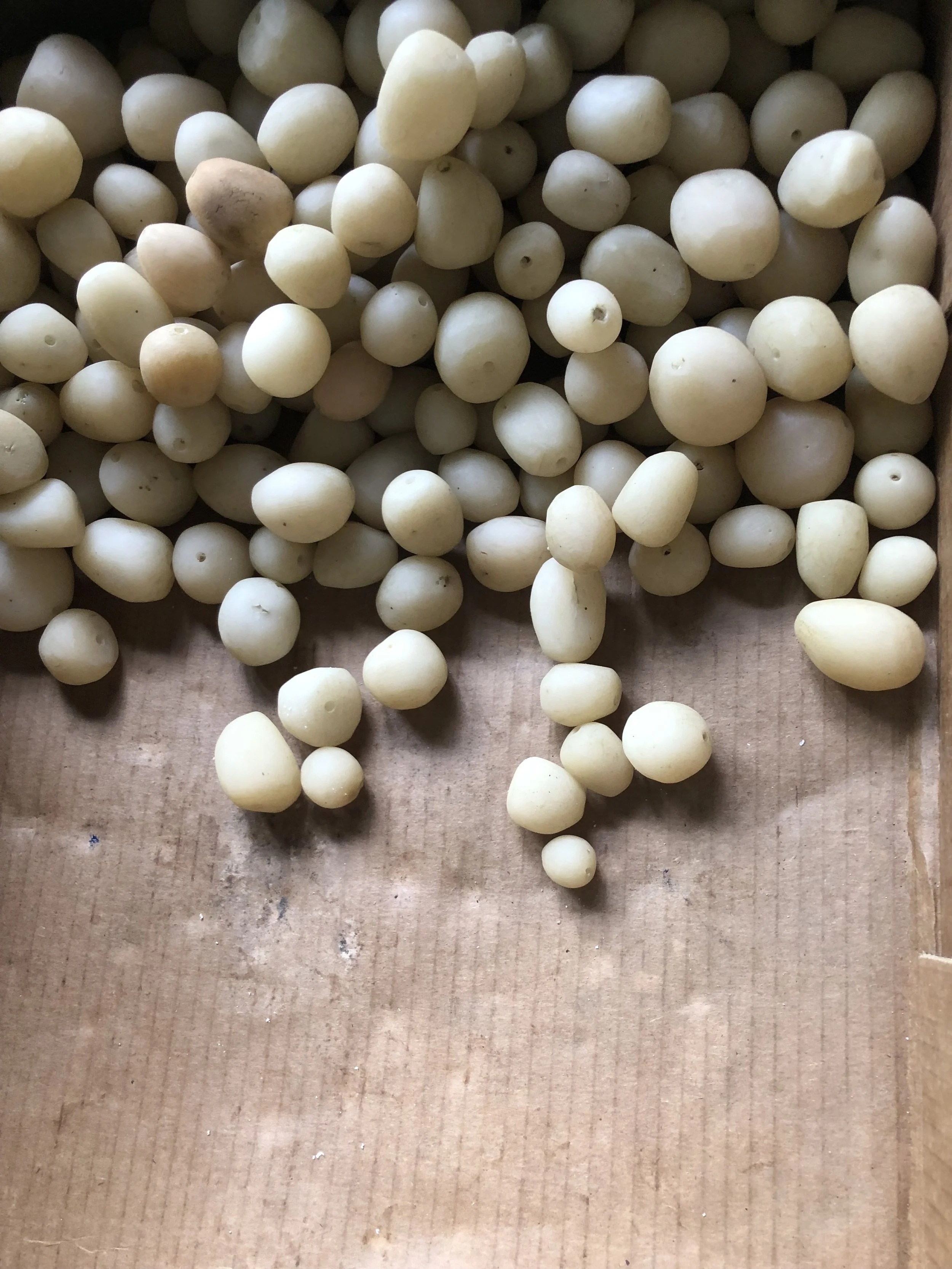WHERE WE DO IT: WHERE WE ARE
The place where we have most of our experience is in Central Mozambique, in the Dry Tropical Woodlands of Southern Africa, the Miombo Biome. This biome includes South Africa, Eswatini, Mozambique, Malawi, Tanzania, Zimbabwe, Zambia, Southern DRC, a bit of Botswana, Namibia and Southern Angola. The experience we have could easily be applied to the Sahel, in countries such as Ethiopia and northern Ghana, or in other dry tropical climates like India, Mexico, Paraguay, or Chile.
PROJECTS:
While individual projects may sometimes concentrate on a single product, they all include forest conservation, and we try to have a basket of activities grouped together, sharing expensive infrastructure, logistics and professional management, to give them critical mass and to allow for the diversity of human desires and capacity.
Existing Projects:
Mezimbite Forest Centre (est 1994): Started as a woodwork shop, which is now vertically integrated from planting trees to heirloom quality consumer goods. Additionally, numerous other non-timber forest products are also taken to a consumer-ready level. It is also where we have researched and tested our systems of reforestation.
2. Wooden Jewellery Program (est 2008): Motivated by providing the proof needed for a minority report to the ITC (International Trade Centre) on timber export policy for Mozambique, to treat our resources with respect (both material and human). Our goods were exhibited at Paris Fashion Week and later New York Fashion Week, where we were listed as the best accessories on show!
3. Saint Anthony's Coconut School, SACS (est 2013: The revitalisation of an old mission coconut plantation, which was nationalised and severely degraded by the state and further by the catholic church to whom it was later returned. This plantation holds 300 ha of organic coconuts, with lots of co-crops, and uses coconuts in a more comprehensive way. It now operates as a "school" to educate the locals on coconut production.
4. Tchonja 100 (est 2022): This 110 ha peri-urban community was established within the city limits of Beira to grow food and trees (some for charcoal), using our rolling regenerative agro-forestry to restore a degraded and barren landscape to a productive forest of mostly indigenous trees. The local community and City Council had requested us to replicate this project on at least another 1,500 ha of severely degraded land
5. The Elephant's Choice (est 2018, but delayed to Cyclone Idai): Vegetable ivory jewellery as an alternative to elephant ivory in areas where elephants are highly threatened.
Notes on the SDGs (Sustainable Development Goals): We are not a tick box operation. We analyse and design projects from first principles and on the ground observation. Given that we were working on sustainable design and development long before the UN invented these goals, we thought it might be interesting to see how we cover them based on one of our projects currently in the early phases of implementation:
No Poverty: In one particular project, the program will provide the sustained healthy subsistence for the 600 participating families, with an additional income of $1,200 (in the local currency) for each family, which is available for discretionary spending. Note: the baseline indicates food stress in all the participants at the start, with more than 50% experiencing seasonal hunger, and over 40% with chronic child malnutrition. There are many with a lack of nutrition and poor water quality. The average household (10 people) has an income of less than $300 per year, before spending any on food.
Zero Hunger: A modest breakfast and full communal lunch are provided on every workday. The participants all take turns to cook and prepare meals, and the bulk of the ingredients are grown in the project. This way, people learn how to produce, prepare and enjoy balanced, healthy meals (an important issue after 50 years of national abuse and de-skilling). The resilient farming of annuals provides the full nutrition of all participants and a surplus for them to trade in the local city, Beira.
Good Health and Well-being: In this case, by providing clean potable water and growing food (based not on calories alone but full of nutrition), local production of basic personal care products from local natural ingredients, and increasing the availability of traditional plant-based medicines, we are already improving the participants' health and well-being.
Quality Education: The program provides state-of-the-art vocational training to all participants. With the opportunity to be recruited for artisan training at other Mezimbite projects, and occasionally, where a talent emerges, scholarships for tertiary education.
Gender Equality: We do not discriminate based on gender. Existing projects that have been founded and operated by Mezimbite have an average of 60% women employees and 5% disabled employees.
Clean Water and Sanitation: Clean potable water is provided on site and is available for all participants to take home, as well as for washing and then irrigation. On-site changing rooms and washing facilities are available. The grey water from these is then put through a grease trap and used for irrigation. The sewage is handled in a sterile Biogas digester.
Affordable and Clean Energy: One of the primary aims of the project is to grow back the specialised timber most favoured for charcoal, Massassa, Brachystegia Spiciformis, which used to be the dominant species of these forests. With this project, firewood and charcoal raw material are available from the thinning that takes place after the 8-year growth. The project uses a combination of Biogas and clean cookstoves and encourages the acquisition of these technologies amongst the participants. Lighting, charging cellphones, etc, is done using mini solar chargers. Heavy current is from diesel generators, which are oversized to allow for sharing with the local community.
Decent Work and Economic Growth: We have improved the capacity for these by rigorous training and appropriate tech transfer, which was initially provided for our own subsistence but now gives the skills (if desired) to get a job outside one's immediate environment. Being treated not only as a unit of production but also earning enough to be a consumer, boosts the participants' motivation. Along with reinvestment in value-added consumer-ready products, a circular economy accelerates the velocity of money and, consequently, economic growth.
Industry, Innovation and Infrastructure: As this project progresses from growing trees and food, it will form a sustainable community (like the others we work on/with) where surplus cash flow is reinvested in the community to incubate appropriate value-added businesses at the community level. Imagine the savings on infrastructure, investment, environmental and cost impact, if, for example, one grows one's own sunflowers and presses one's own cooking oil, pure and fresh, within the community instead of importing palm and soya oils from Malaysia.
Reduced Inequalities: There are few places where the polarity between the people and the political elite is as extreme as it is in Mozambique. Mezimbite has a long list of activities, which have started to empower the people who work with us to take responsibility and act, thus reducing the drastic gap. These activities range from basic life skills training to nutrition, to high skills (our craftsmen compete in highly selective markets such as Japan and Northern Europe), to making enough money to have some discretionary spending, and some even go into politics! This project is no different.
Sustainable Cities and Communities: Strong communities are built on strong families and individuals who gravitate to work with each other out of a common interest and purpose, to form communities. We facilitate that at a grassroots level. As for cities, this project is a joint venture with the City of Beira. We adjust our training practices to include Beira's parks crew in the training of nurserymen (we use the masculine to denote status, not gender, and treat all genders equally) in our facilities and also supply them with trees and plants for the city. Sharing our survey equipment is common. But what is most important is the advice and skills transfers that have taken place between us, largely in the environment and appropriate infrastructure development, since the City Council was democratically elected.
Responsible Consumption and Production: Mezimbite was started as proof that sustainable design could be reasonably mainstream; we have proven that. In order to consume responsibly, you must have responsible products available. That is what we have done for the last 30+ years. The range of products goes from a definitively green community environmental education centre to creating furniture, snack foods, natural and organic soap and personal care products (which were used by the UNDP in the year of biodiversity as a demonstration of best practice). All the products go through rigorous Cradle to Grave analysis (the founder was one of the pioneers of this approach in the 80s) before production and distribution. In truth, the UN needs to change this title to Responsible Production, Distribution, Trade, Consumption and Disposal.
Climate Action: Initially, the product provides a more climate-resilient agriculture, but as the growth of trees progresses, the microclimate improves with lower temperatures and light breezes. In the longer term, the region's climate stabilises, and the severity of cyclones and large storms is moderated. Carbon is also absorbed, which mitigates the global issue.
Life Below Water: No synthetic pesticides, herbicides or fertilisers, which then reduces erosion and so less soil and dangerous materials end up in the water that courses its way into the sea about 5 km away.
Life on Land: With the restoration of soil fertility and biomass comes the increase of terrestrial life. After 30 years of similar growth at Mezimbite, wildlife has started to colonise the place. We have a myriad of creatures that have made Mezimbite home, including: 3 primates, 17 species of snakes, mongoose and genets, both insectivorous and fruit-eating bats, 3 species of fish, 72 species of birds and various rodents and an innumerable amount of amphibians, including water monitors. We have yet to measure all the flowering plants, insects, fungi and microorganisms in the soil, because there are just so many.
Peace, Justice and Strong Institutions: Peace and Justice are achieved with us by having empowered people, ones who are capable of making informed decisions and taking responsibility for their own lives and facing the actions of their consequences. In an oppressive and corrupt society, this may be at odds with "strong institutions."
Partnerships for the Goals: This project is a joint venture between the City Council of Beira and Mezimbite, with oversight from the Regulo, a traditional leader of Tchonja, the area in which this project is located. The project participants have formed and legalised a co-op ACFT, which is now also a partner in this joint venture.
Respect for Traditional Culture, Values and Knowledge: The UN leaves this one out; we do not. We work directly with the Regulo, his Fumos (his deputies) and Curanderos (local shamans, who happen to be women), empowering them to retain their identity and resource base within a modern context. When using traditional knowledge, this is always done with a joint venture with the owners of that intellectual property.
